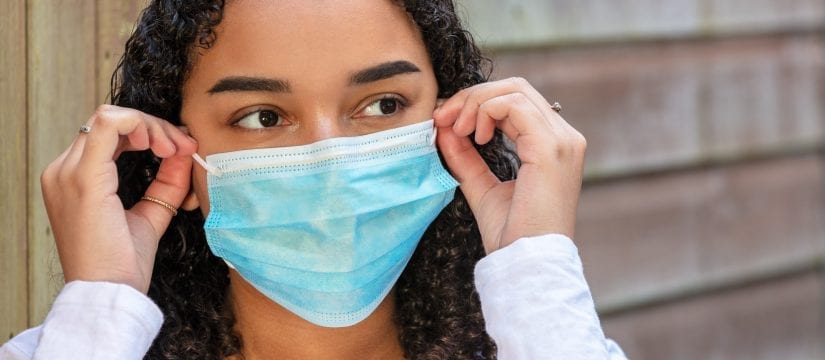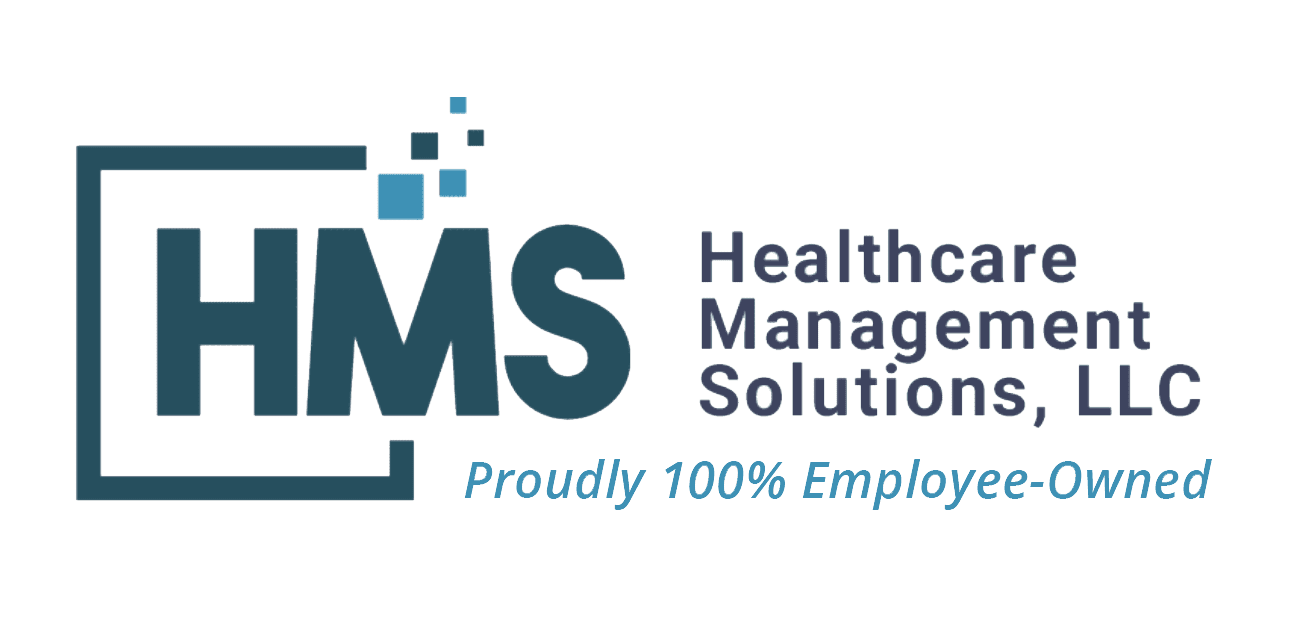
Why Wearing Face Masks Is So Important in Preventing the Spread of COVID-19
- July 22, 2020
- 2 Likes
- 3770 Views
- 0 Comments
The first months of the COVID-19 crisis in the U.S. saw tremendous confusion and mixed messages about how to keep people safe from infection. Public-health experts eventually agreed that wearing face masks, physical distancing between individuals, and frequent hand washing were all necessary to decrease the spread of the virus. While these measures were embraced by many, the U.S. is a complex nation full of diverse opinions and deeply rooted attitudes about individual liberties, so public-health measures quickly became controversial. The face mask, in particular, has gone from a medical safety tool to a political hot potato.
Why Is It So Important to Educate Our Communities About Wearing Masks?
At HMS, we recognize our role in maintaining safety and facilitating education as we go about our work. Our highly experienced surveyors assist federal and state agencies to protect vulnerable populations in healthcare facilities, including hospitals and nursing homes. Currently, we are helping agencies conduct infection control and prevention surveys to assess how COVID-19 is being managed in state healthcare facilities. Our surveyors are acting as front-line safety inspectors for residents and patients. The role of the surveyor is more important than ever, because they act not only as the eyes and ears of the health and safety agency, but also in place of loved ones who are unable to visit or check up on residents during this uncertain time. Our teams are equipped with all the necessary personal protective equipment (PPE), including face masks, to ensure that we are both helping and protecting our clients.
As professionals working on the frontline of COVID-19, it is our responsibility to not only adhere to medical recommendations, but also educate the rest of our community about how everyone can help keep one another safe. Part of our education effort involves informing others about scientific findings regarding face masks.
How Is COVID-19 Spread and How Can Wearing a Mask Make a Difference?
According to the CDC, one of the primary ways this novel coronavirus is spread is through respiratory droplets produced when an infected person coughs, sneezes, talks or raises their voice. Unfortunately, it’s not always obvious who is infected with the virus. People can appear to be healthy, but actually have what’s called an ‘asymptomatic’ version of the virus. In other words, they’re sick, but don’t know it because they feel okay. That means family members visiting your house, or people walking past you at a grocery store, could unknowingly be spreading the virus to you and others nearby. A recent study showed that even people who are ‘pre-symptomatic’, meaning those who eventually develop symptoms later, can transmit the virus to others.
That’s why wearing a mask is critical, regardless of whether or not you or the people around you are displaying symptoms. In fact, wearing a face mask covering the nose and mouth decreases the spread of the virus by over 65% because the face covering blocks the areas where respiratory droplets enter and exit the body.
Another study compared the COVID-19 growth rate before and after mask mandates in 15 states and the District of Columbia, finding that mask mandates led to a slowdown in the daily virus growth rate. The first five days after a mandate, the daily growth rate slowed by 0.9% compared to the five days prior to the mandate. At three weeks, the daily growth rate had slowed by 2%. Additionally, societal norms combined with government policies supporting the wearing of masks by the public have shown to be a contributing factor to a lower per-capita mortality from COVID-19. Mask mandates are a community effort that rely on individual responsibility.
We are all longing for things to go back to normal. Wearing masks is a way to get there. Mask mandates can serve as a substitute for stay-at-home restrictions. Those restrictions were put in place for our safety, but they also had severe economic consequences. Broad use of mask mandates could allow for activities to resume safely. Analysts at Goldman Sachs suggest a nationwide mask mandate would increase the number of people wearing masks by 15%, cutting the daily growth of new cases to 0.6%. Mask mandates could enable greater freedom to resume professional activities that follow additional physical distancing guidelines.
Bottom line: Wearing a face mask is just as important in public environments as it is in healthcare facilities. We all have to do our part to keep one another safe and to work together in fighting this terrible disease.

